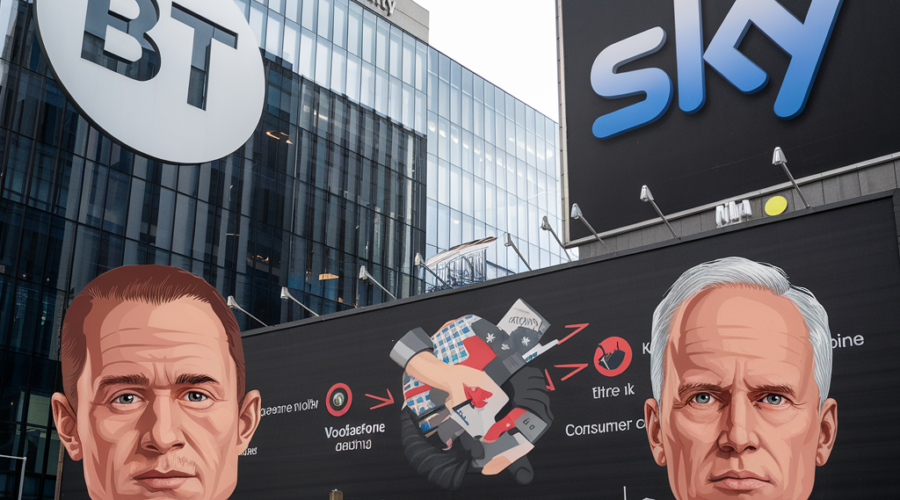- Competitive Concerns: BT and Sky argue the Vodafone-Three merger could substantially lessen competition, leading to higher prices and reduced consumer choice.
- Market Dominance: The combined entity would become the UK’s largest mobile provider with over 27 million customers, potentially limiting smaller operators’ ability to negotiate favorable terms.
- Spectrum Asymmetry: Concerns over the merged company’s disproportionate spectrum ownership, potentially hoarding additional capacity and disincentivizing investment from rivals.
- Historical Precedent: Previous telecom mergers like BT-EE faced intense regulatory scrutiny, with the CMA blocking deals deemed harmful to competition, like T-Mobile-Orange in 2016.
- Investment Claims: Vodafone and Three argue the merger is necessary to achieve scale for £11 billion infrastructure investment and 5G rollout, countering BT and Sky’s concerns.
- Regulatory Landscape: The CMA’s investigation focuses on wholesale market impacts and MVNOs’ ability to operate effectively, aligning with UK’s stringent approach to protecting competition.
- Alternative Strategies: If blocked, Vodafone and Three may consider asset sales or partnerships to enhance their competitive position while addressing concerns raised.
- Consumer Impact: Analyzing pricing trends, service quality, and consumer satisfaction data is crucial to ensure regulatory decisions align with consumer interests.
- Monitoring Trends: Closely following regulatory trends and future merger proposals is essential for understanding broader implications for the telecommunications sector.
- Balanced Approach: Careful scrutiny is needed to weigh investment benefits against potential harm to competition and consumer choice in the dynamic telecom market.
BT and Sky Challenge Vodafone-Three Merger: Competition at Risk





